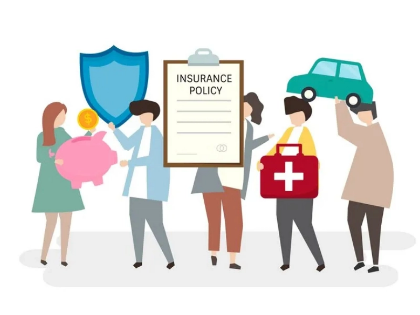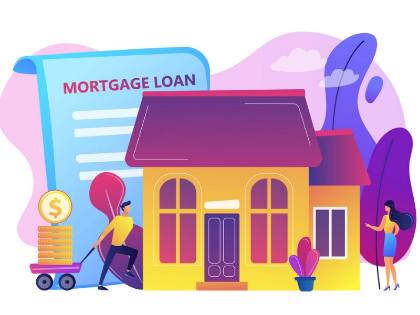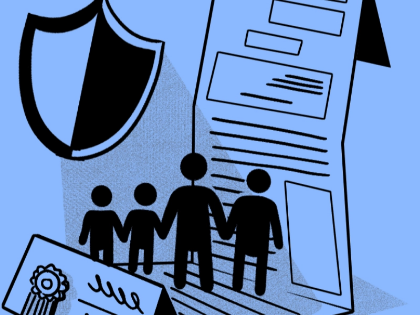A Guide to Refinancing Your Mortgage to Save Money and Equity
Refinancing your mortgage means taking out a new loan to replace your existing one, usually with better conditions that could help you reach your financial objectives or save money. Utilizing the equity in your house through refinancing may also be necessary to fulfill other goals, such as debt repayment or funding renovations.
Reducing Your Loan Amount

Usually, when you refinance your mortgage, a new loan is taken out in place of your current one. This implies that you will be able to lower your interest payments by selecting a different mortgage rate and length of loan.
Refinancing to a new, much lower rate, for instance, might save you thousands of dollars in interest charges alone on that loan if you had previously taken up a 30-year fixed-rate mortgage at 6% and rates are now much lower. Reducing the term of your loan can also help you save money. This will result in higher monthly payments over time but a lower total debt burden.
Before you start looking at loan offers, it's crucial to decide what your main objective is if you're thinking about refinancing. You should factor in closing costs (which range from 2% to 6% of the loan amount) when estimating your potential savings on closed-end loans, such as mortgages. Decide then whether a refinance option—a rate-and-term or a cash-out refinance—will best help you achieve your objectives.
Debt Consolidation

By consolidating several obligations into a single payment, debt consolidation can help you manage several bills while perhaps lowering interest rates and streamlining payments. There are several difficulties and things to think about with this strategy, though. You can evaluate your options and financial objectives with the aid of a loan consolidation calculator.
Reducing the length of your loan can also result in cheaper monthly payments and a reduction in cumulative interest expenses. The trade-off in this situation is that you could have to make a larger monthly payment to meet the increased principal.
Make sure to evaluate loan offers from several lenders before deciding whether to refinance in order to benefit from a cheaper interest rate. The length of time you intend to stay in your house and the initial expenditures of a refinance should also be taken into account, since these factors may affect how soon you'll recover these payments. Remember that refinancing frequently necessitates a credit check, which may momentarily impact your credit score. This may have an impact on your ability to get the best terms on a loan.
Getting to Equity

Consider obtaining a home equity line of credit (HELOC) if you want to access your equity but aren't sure you want to refinance your mortgage. While a HELOC functions similarly to a credit card, it offers the benefit of being backed by your home.
The difference between the appraised value of your house and the amount you still owe on your mortgage is known as your home equity. Homeowners may refinance, take out a home equity loan, or use a HELOC to access this money.
You can cut your monthly payment, extend the duration of your loan, or combine your debt by refinancing your mortgage. But there may be upfront expenses associated with refinancing, so it's crucial to thoroughly consider the advantages and disadvantages.
If you have enough equity in your house, refinancing can help you cut your FHA premiums or get rid of private mortgage insurance in addition to saving interest. However, use caution when using your equity, since improper use might have an impact on your long-term financial strategy.
Lowering your invoice

You can reduce your monthly mortgage payment by refinancing to a 15- or even 10-year loan term if you now have a 30-year mortgage and are finding it difficult to make payments due to other obligations. However, keep in mind that extending the term of your mortgage raises your total interest expenses, so carefully consider the trade-offs.
Before applying, gather your bank or brokerage statements, tax records, and pay stubs because refinancing is a lengthy process. In addition, you could have to pay for closing charges, which might total several thousand dollars, and submit a fresh appraisal.
Refinancing can be used to reduce mortgage payments and consolidate debt, among other things. To guarantee that your refinance plan benefits your financial well-being, it's crucial to have a clear understanding of your goals before getting started. Additionally, don't forget to maximize your credit scores and keep an eye on your debt balances.








